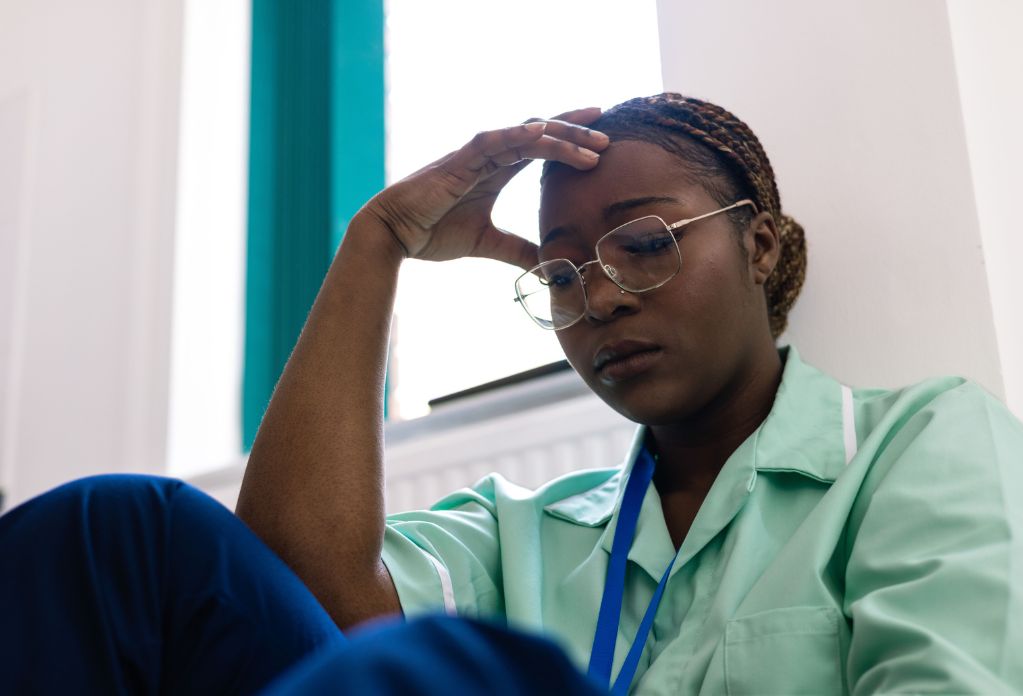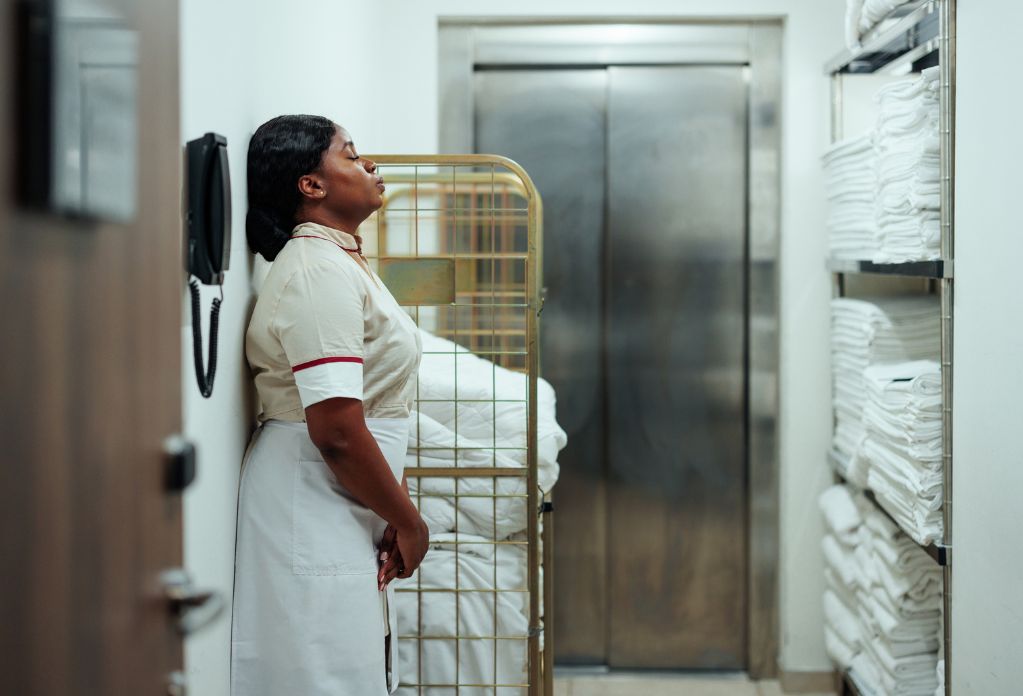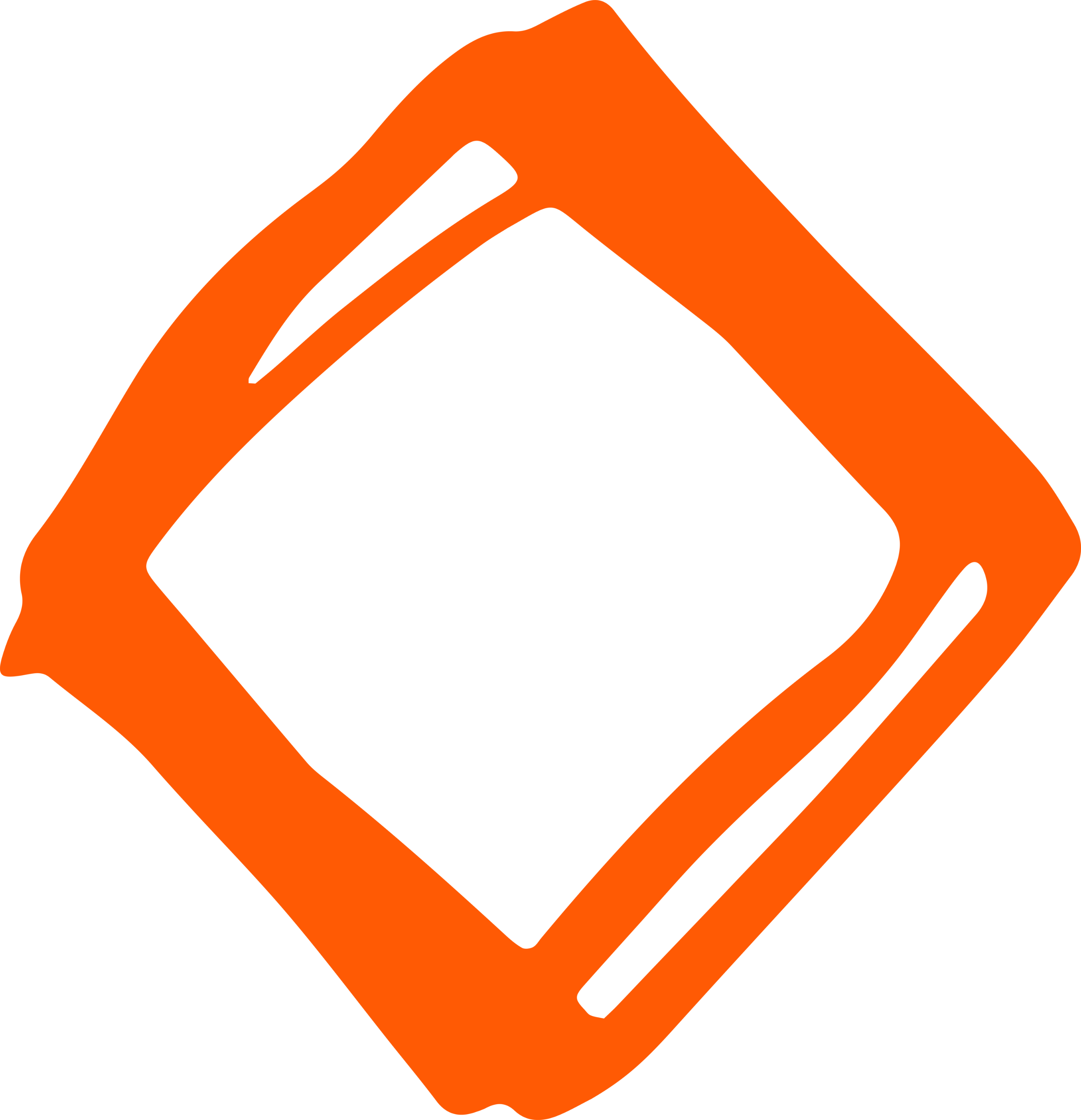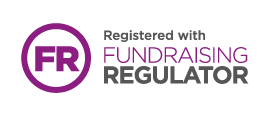
Unseen’s Modern Slavery & Exploitation Helpline saw a record number of calls in 2023, marking an increase for the fourth consecutive year. This surge coincides with a 30% increase in potential victims identified within the UK adult social care sector.
These figures are part of the Helpline’s latest 2023 Annual Assessment, one of the most detailed reports on the nature of modern slavery in the UK.
Justine Carter, Director of Unseen and co-author of the report, says: “Modern slavery and exploitation are heinous crimes that have no place in a modern, progressive UK that cares about human rights.
“It is encouraging that we are continuing to see rising numbers of calls and contacts to the Helpline, indicating that we are succeeding in raising awareness of the issue and mobilising more people to act.”
A breakdown of the latest modern slavery trends can be found in our executive summary below.
Latest modern slavery insights
Key findings from the Helpline’s 2023 figures include:
- Calls to the Helpline and contacts via the service’s web form and app rose by more than 19%, up from 9,779 in 2022 to 11,700 in 2023.
- 918 potential victims of modern slavery indicated in the care sector, up from 708 in 2022 (a 30% rise).
- An 11% increase in labour abuse cases, up from 464 in 2022 to 516 in 2023.
- A 21% increase in potential victims of criminal exploitation, up from 317 in 2022 to 385 in 2023.
- A 5% increase in cases involving minors and a 3% increase in minor potential victims (340 minors across 223 modern slavery cases, up from 331 potential victims across 213 cases in 2022). 10% of modern slavery cases raised by the Helpline in 2023 involved minors.
- Four cases of organ harvesting were reported, following the first such case in 2022.
- Forced surrogacy was reported for the first time, with a total of three potential victims indicated.
- Situations of forced scamming have doubled, from 11 potential victims in two cases in 2022 to 41 potential victims across four cases in 2023.
- Labour exploitation remains the most prevalent exploitation type, followed by sexual exploitation, criminal exploitation, and domestic servitude. This has remained consistent since the Helpline was founded in 2016.

India tops the list for the first time
The Helpline data exposes the global reach of modern slavery. In 2023, potential victims came from 106 countries, up from 99 the previous year. The most common nationalities reported were Indian, Romanian, Albanian, Vietnamese, and Chinese.
India became the most prevalent potential victim nationality for the first time, predominantly due to labour exploitation within the care sector. This shift marks a change from past years, where Romanian nationals had been the most common nationality reported every year since the Helpline was founded in 2016.
Decline in number of potential victims and modern slavery cases
The rise in calls and contacts to the Helpline comes despite an overall fall in the number of potential victims and modern slavery cases reported.
In 2023:
- The number of potential victims indicated at the Helpline was 5,876, down 10% on 2022 (6,516).
- The number of modern slavery cases raised was 2,185, down 16% on 2022 (2,588).
Justine Carter says: “We remain concerned that the ever-increasing hostile environment in the UK towards migrants and foreign workers means that fewer people feel able to raise concerns and seek the help and support that they desperately need.
“More needs to be done to encourage victims to come forward and to properly resource efforts to stamp out modern slavery and exploitation for good.”
About the annual assessment
Modern slavery data from the 2023 Helpline Annual Assessment includes figures for every UK nation and region.
These findings are used by charities, the police, local and national governments and businesses to inform policy and wider anti-slavery strategies.
The Annual Assessment also covers a range of sectors including hospitality, construction, retail, manufacturing and agriculture.
The full report for the 2023 Annual Assessment will be published by Friday 26 April 2024. For queries on the report, please email [email protected]
About the Helpline
The Helpline is a free, independent and confidential service staffed by trained advisers and operates 24 hours a day, 365 days a year.
As well as supporting victims themselves, the Helpline advises police officers, NHS workers, local government employees, and businesses about what to do if they suspect an instance of modern slavery.
The Helpline also encourages members of the public to get in touch if they are worried about anything they’ve seen.
If you need or are concerned about anything you’ve seen, call the Helpline, any time of day or night, on 08000 121 700.


